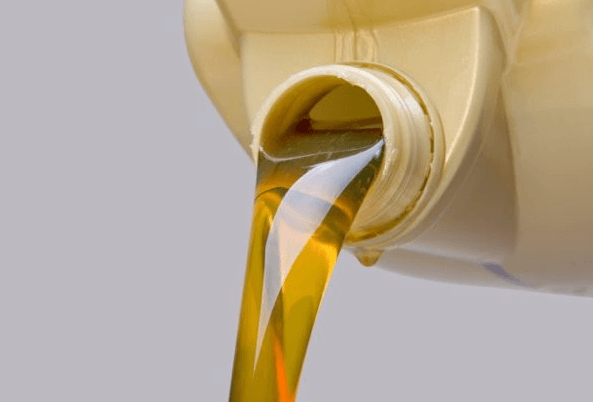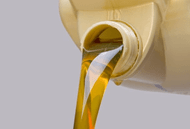When To Choose Between Synthetic and Mineral Oil
By on Feb 07 2015

More often than not, when it comes down to what's a better lubricant between mineral oils and synthetics, the answer is synthetic. That's because, in general, synthetic are superior to mineral based oil. There are times when synthetic oils may be preferred, yet mineral oils are still chosen. The most obvious reason for this is cost effectiveness, as mineral oils tend to be less expensive than synthetics. But cost alone is not the only reason for choosing mineral oil over synthetic.
Begin by searching for not the best lubricant, but the best lubricant —for — your application. There is a tendency to choose synthetics because they are considered a better lubricant, but being able to identify lubricant related factors in your application is what should help you make a decision. This includes but is not limited to, the age of the machine, history of lubricant related issues, susceptibility to contamination, and more.
Before discussing when you should choose one oil or the other, it's important to point out the qualities that make synthetics stand out. First is the molecular consistency. Synthetics are scientifically crafted to maintain ideal molecule bonds that produce a pure formula, whereas mineral oils are refined from crude oil that may pose issues with consistency. The second standout quality is that synthetics tend to provide excellent oxidative and thermal stability, which can have a direct relation to longer lubricant life. In addition, these lubricants also demonstrate higher viscosity indexes. Fundamentally, both mineral and synthetic oils will behave similarly, but specific applications and additive requirements may be the key factor between which you should choose.
Polyalphaolyphins (PAOs) are common synthetics. They behave with the same characteristics mentioned but also provide excellent demulsibility (the ability to separate water) and hydrolytic stability (the ability to prevent water-based decomposition). Polyalkaline glycols (PAGs) also behave with the aforementioned properties, but they exceed in areas like viscosity index and have a very low tendency to develop deposits on machinery. Ester-based lubricants contain typical synthetic characteristics but also provide their own specialties. Diesters, for instance, have excellent solubility for additive formulation and are therefore commonly added to PAOs. Polyol esters are noted for their resistance to fire.
So when are synthetics not ideal? Let's highlight their negative traits. Each synthetic has at least one inherent disadvantage in their formulation, as well as the fundamental disadvantage of higher cost. Choosing a synthetic may increase the lifespan of the lubricant, but it will not always equal money saved if the life extension is a smaller factor compared to cost inflation. If operating conditions are such that contamination is so likely to cause constant re-lubrication, the choice to use a more expensive synthetic may be overridden. When taking into consideration things such as ease of re-lubrication or machine critiality, that may also influence your decision to choose between a mineral oil or a synthetic.
The best advice in making a choice between a synthetic or mineral oil is to use reason and careful consideration depending on your application and conditions.






